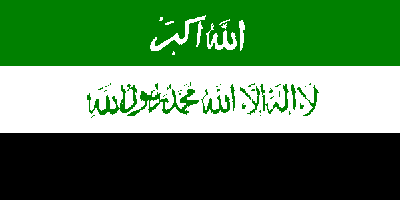





On 01 January 1994, troops in Kabul commanded by the leader of the National Islamic Movement (NIM), General Abdul Rashid Dostam, theretofore aligned with President Rabbani, switched to Prime Minister Gulbuddin Hekmatyar's side. Aided by forces loyal to Hekmatyar, they attempted a coup d'etat against President Rabbani. The President's forces quickly countered and the attempt was foiled, but the protracted fighting caused heavy civilian casualties and the destruction of much of Kabul, and the ensuing fighting engulfed much of northern parts of the country. Fighting raged in Kabul's old business district, with both sides employing heavy weapons and air strikes which took a heavy toll of civilian life and wreaked destruction on much of Kabul. In February 1994 Prime Minister Hekmatyar imposed a food blockade on northern Kabul, the area controlled by President Rabbani's troops.
In July 1994 Commander Naser of Laghman Province, who was affiliated with Hekmatyar's party, and 10 of his bodyguards were reportedly murdered as Naser traveled to meet with a rival. In September 1994 Commander Sadiq, also a follower of Hekmatyar, and his bodyguard were murdered in Nangarhar Province while returning from a visit to Pakistan. Sadiq was rumored to have been involved in narcotics trafficking, a Pashtun intratribal dispute, and the factional fighting in Kabul--any of which may have provided the motive for his murder. President Rabbani's forces apparently targeted Hekmatyar himself in a 12 August 1994 air raid that demolished his living quarters. Subsequent air attacks were made on a hospital facility where Hekmatyar was thought to be under treatment for injuries sustained in the August 12 air raid; in fact he had escaped serious injury.
Eventually, the remarkable success of the Taleban, and economic considerations, led to Pakistan�s policy change in 1994-95 towards its support for the Taleban. In February 1995 the Taleban drove former Prime Minister Gulbuddin Hekmatyar's forces out of southern Kabul and disarmed Hizb-i-Islami Shi'a forces allied with Hekmatyar.

